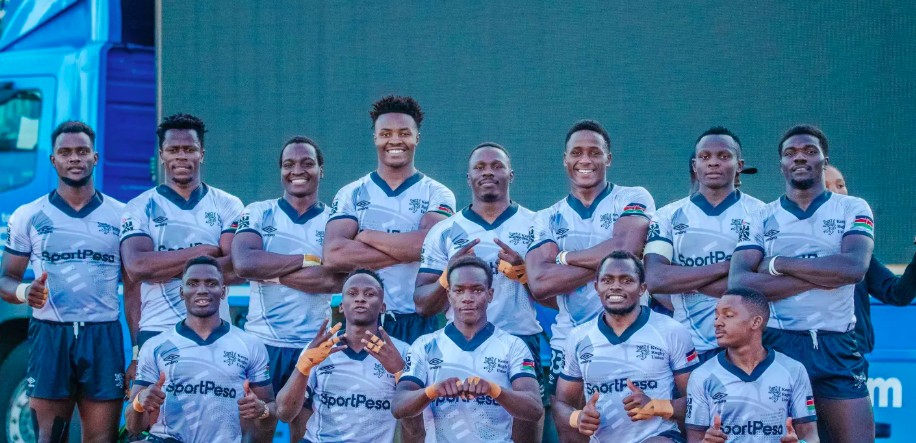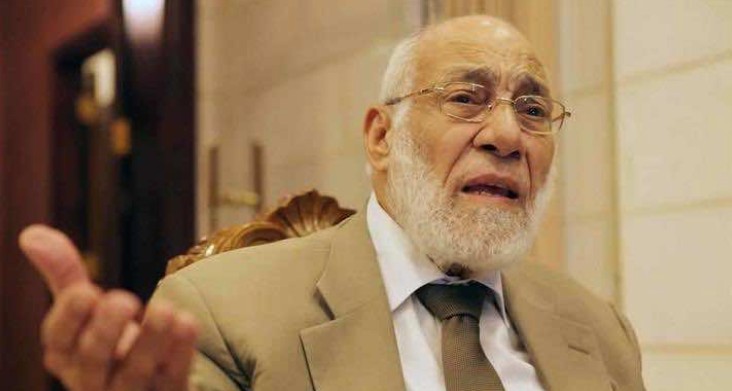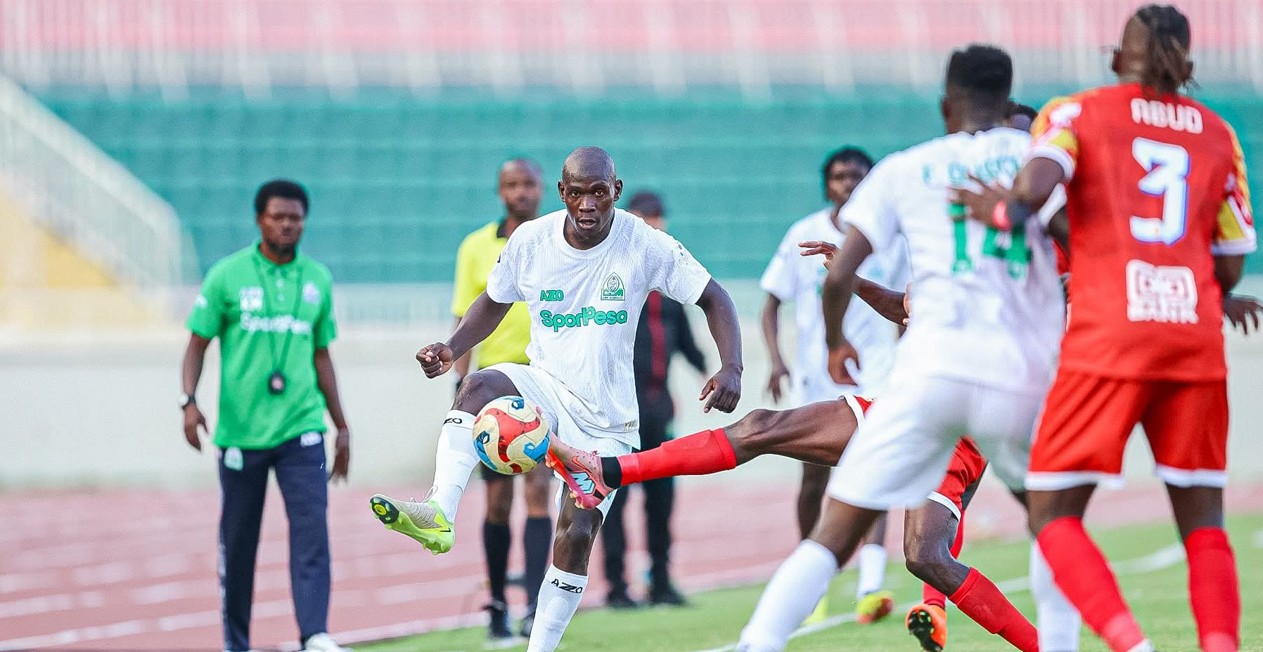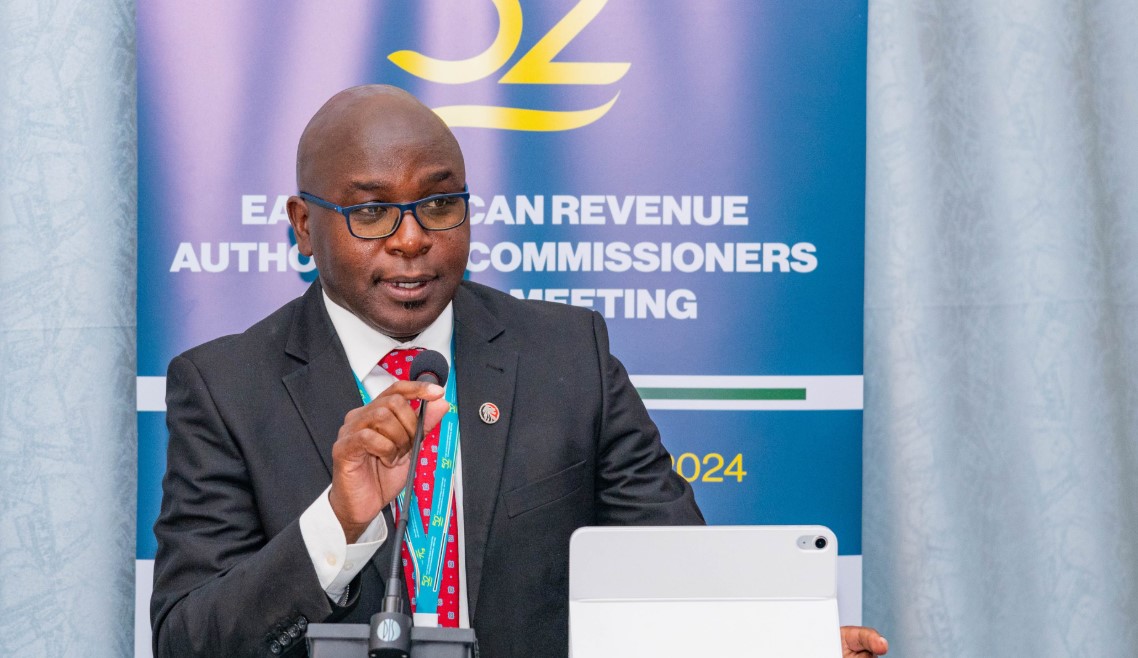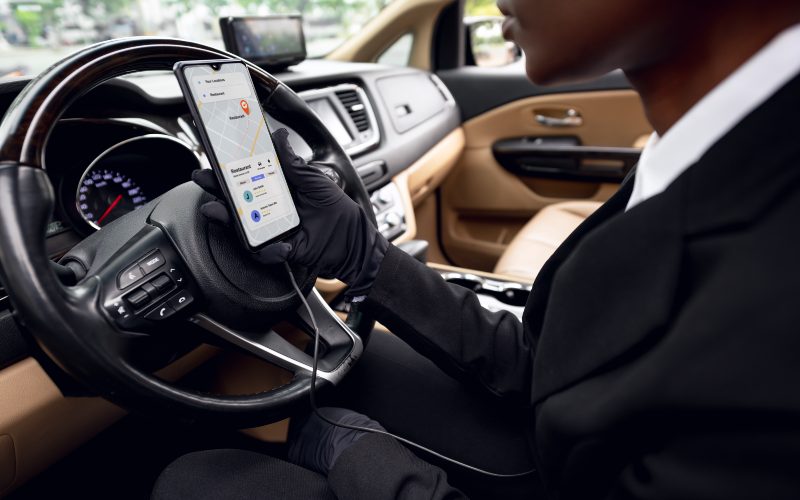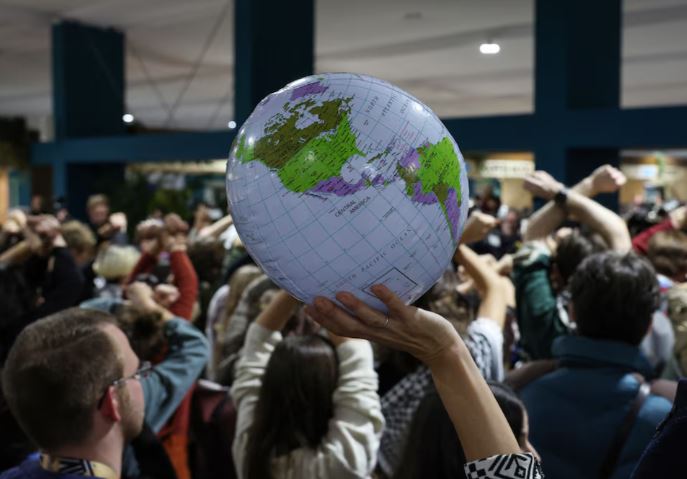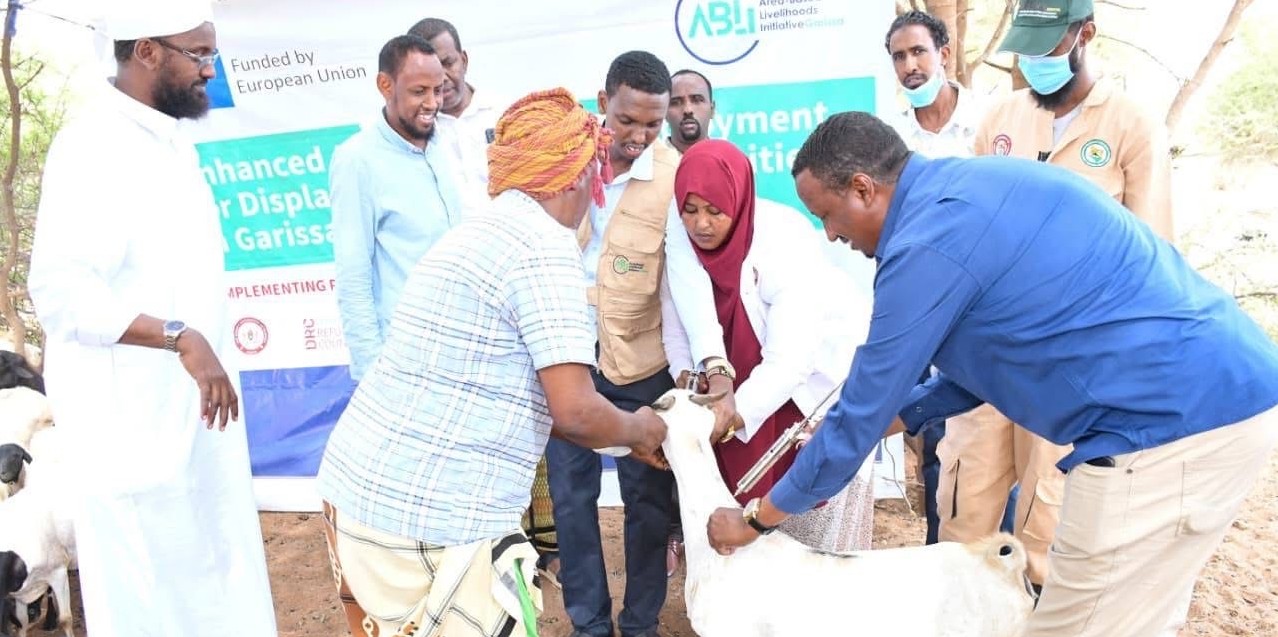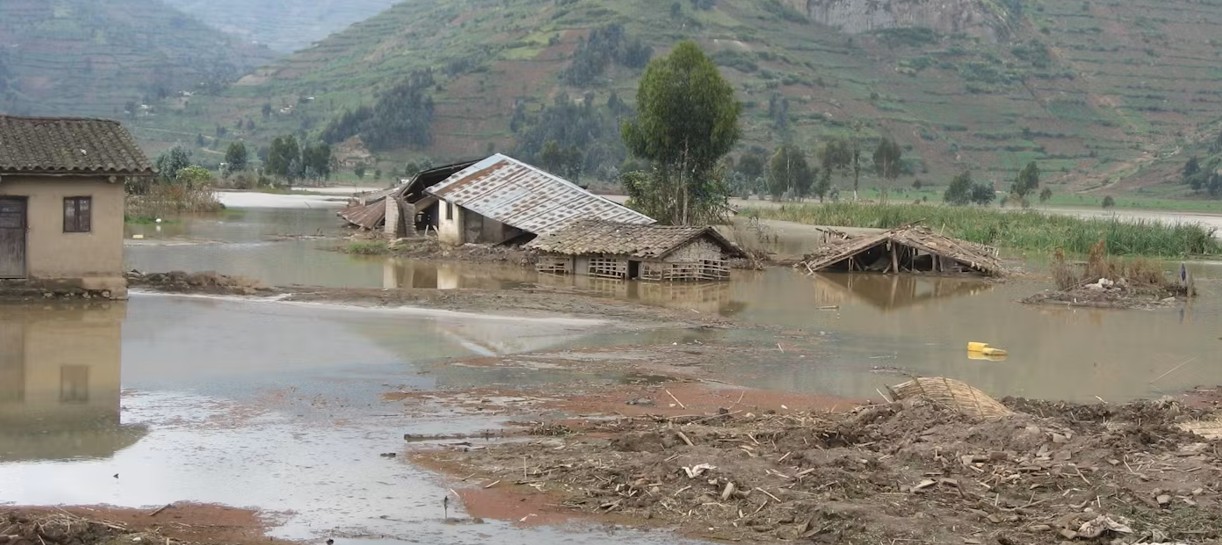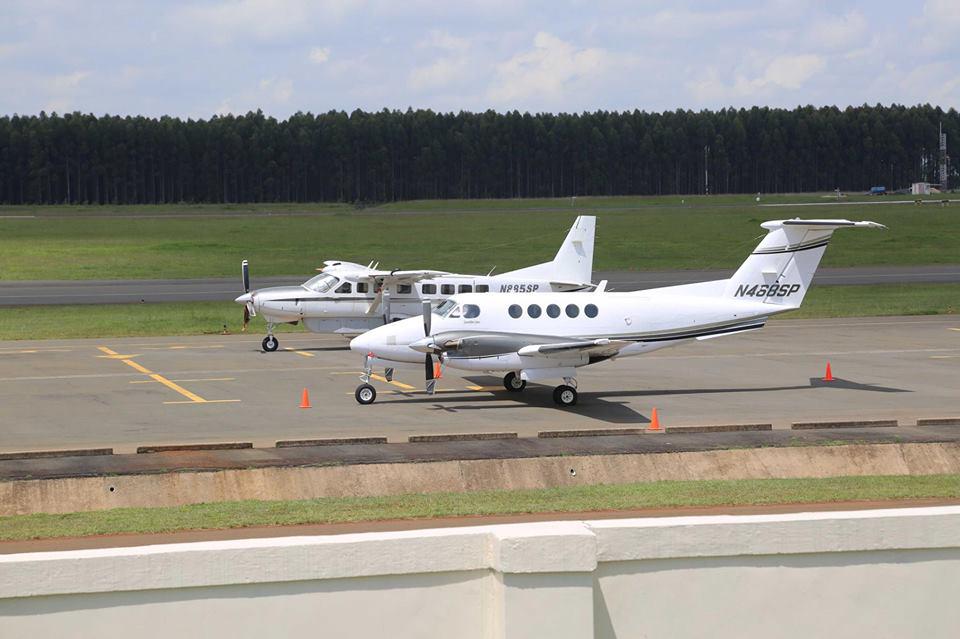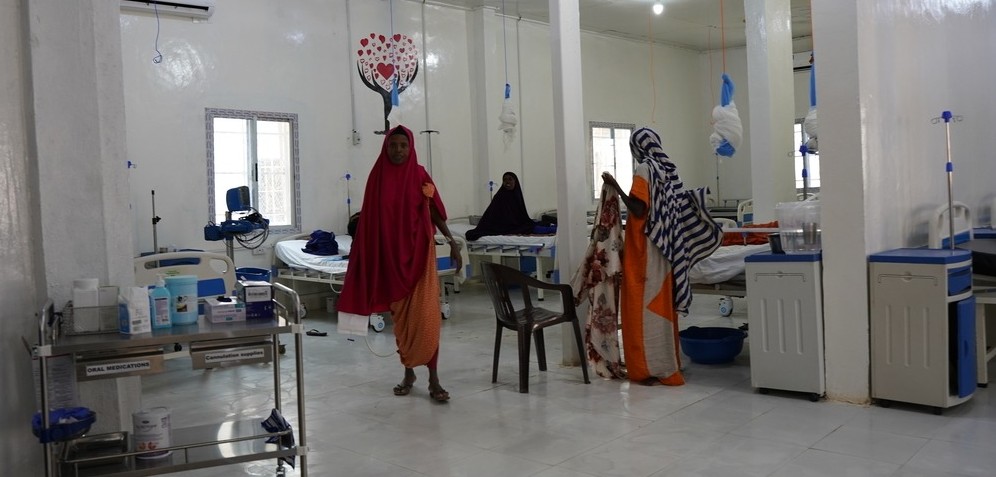Kenya elected chair of Djibouti code of conduct working group
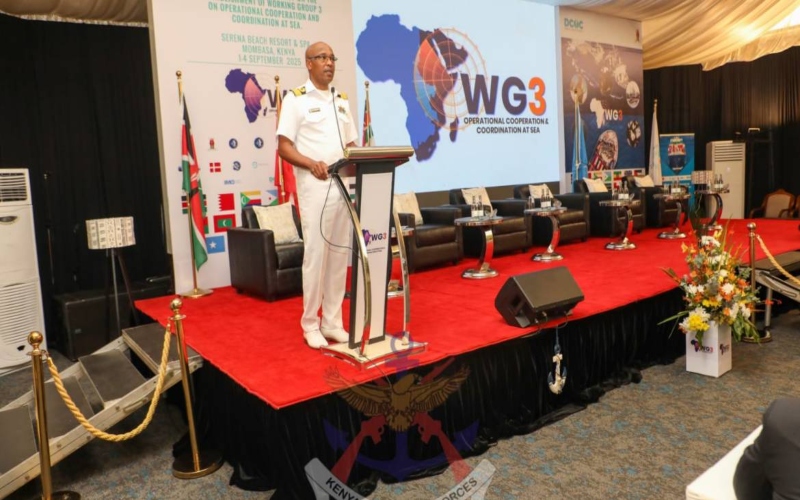
Brigadier Mohammed Shemote, representing the Kenya Navy Commander, Major General Paul Owuor Otieno, accepted the role on behalf of the Government of Kenya, stressing that WG3 will translate regional commitments into concrete actions at sea.
Kenya has been unanimously elected to chair the Djibouti Code of Conduct (DCoC) Working Group 3 (WG3) on operational cooperation and coordination at sea. It will be deputised by Djibouti.
Brigadier Mohammed Shemote, representing Kenya Navy Commander, Major General Paul Otieno, accepted the role on behalf of the Kenyan government, stressing that WG3 will translate regional commitments into concrete actions at sea.
"He noted the evolving nature of threats, including new criminal networks, emerging technologies, and climate-driven challenges, calling for unity of effort across governments, navies, coast guards, and partners," a statement by the International Maritime Organisation (IMO) read in part.
More To Read
- Weak regulation, environmental crisis pose threat to Africa’s maritime growth - KMA
- Somali maritime police complete UN training to strengthen coastal security
- Court rejects bid to block Joho's merchant shipping regulations
- Kenya Maritime Authority, Kenya Plant Health Inspectorate Service clash over container inspection levies
- Kenya seeks re-election to International Maritime Organisation Council
- Kenya pledges commitment to regional cooperation in maritime security
Lt Saad Ibrahim Ali of the Djibouti Coast Guard pledged Djibouti's full support as deputy chair.
The two countries were elected during the inaugural DCoC Working Group 3 workshop on Operational Cooperation and Coordination at Sea, hosted by the Kenya Navy and jointly organised with the IMO, with support from Denmark, UNITAR, and the Indian Ocean Commission.
The workshop, held in Mombasa from September 1 to September 4, brought together the signatory States to the Djibouti Code of Conduct and its Jeddah Amendment (DCoC/JA) alongside implementing partners.
Kenya will spearhead Working Group 3's mandate to act as a specific forum for Operations at Sea, including creation, planning, and execution of cooperative maritime operations, information exchange, and capacity-building initiatives meant to combat armed robbery, maritime terrorism, smuggling, human trafficking, and illegal, unreported, and unregulated fishing.
The group is expected to contribute to the safety of vessels and seafarers operating within the designated maritime zones along the Western Indian Ocean Region (WIOR) and the Gulf of Aden(GOA), to foster a secure and stable maritime environment.
It will also act towards prevention and responding to maritime threats such as piracy, maritime terrorism, smuggling, human trafficking, and illegal, unreported, and unregulated fishing; safeguard national and international shipping lanes.
" WG3 will develop means to enhance an effective legal finish between participating Signatory States. The Working Group 3 will operate within the mandate of involved agencies and will not be an executive agency in its own right," a communique from the forum said.
It will also assist in maritime search and rescue (SAR) operations when required and foster regional and international cooperation in combating maritime threats and enhancing maritime security.
DCOC member states will support the efforts through information sharing, capability development /enhancement, capacity building, operational coordination, and public messaging that assist in forging a stronger and cohesive regional partnership.
The regional maritime security operations will ensure the safety and security of maritime routes, vessels from threats such as piracy, smuggling, maritime terrorism, and other illegal maritime activities in line with the Djibouti Code of Conduct and its Jeddah.
The next meeting of WG3 will take place on the margins of the DCoC High-Level Meeting scheduled to run from November 12 to November 15, 2025, in Mauritius.
"South Africa and Kenya will draft a paper for the IMO's Maritime Safety Committee to seek international support for WG3's work, including resource mobilisation and sustainability," it added.
Other Topics To Read
Top Stories Today

